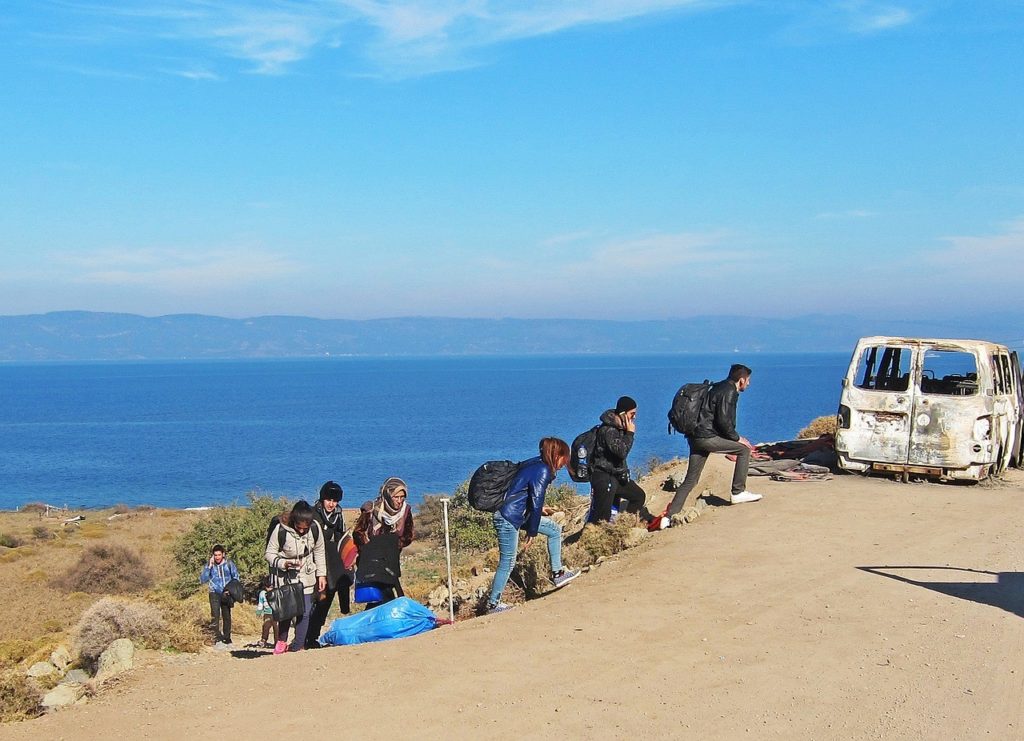NEW YORK – The UNHCR estimates that there are about 12 million stateless people in the world today. The number is somewhat of a wild guess. Although some are in refugee camps or detention centers, there is no method currently available or in use to determine who else is stateless or where they are.

Stateless people face significant obstacles that prevent them from leading healthy lives. They are considered stateless because they have no documentation to prove where they are from. Many refugees are undocumented and are, therefore, stateless. (But not all refugees are stateless.)
Some stateless live in the country of their birth, yet the state does not claim them as their own. This can easily happen when people are displaced and fail to carry their documentation with them. Without documentation, it doesn’t matter where you are now because you can’t prove where you belong.
In many ways, being stateless is worse than being homeless – although many are both. In most countries, stateless people have no rights. Many stateless children can’t go to school. Stateless adults cannot obtain permission to work. Stateless people can rarely gain access to healthcare. They are unable to open bank accounts. They are certainly not going to be able to board an airplane. The list of obstacles goes on and on.
The Guardian printed a story several years ago that addressed the dilemma of several stateless people living in Europe.
The first was the daughter of a Syrian refugee woman. The youngster was born in a European capital city. The little girl lives in limbo because her country of residence does not automatically grant citizenship to infants born there. Neither can she claim citizenship in Syria where those rights are gained through sanguinity, but only through the father.
In another case, numbers of displaced Yugoslavians settled in Italy during the Bosnian conflict. Their problem? They have the requisite documentation except for one small problem. The Italian government does not recognize their Italian-born children as citizens, and there is no longer a Yugoslavia.
In some cases, people may be stateless because of ethnicity or religion. The Rohingya natives of Myanmar have no rights of citizenship in their home country.
Nearly half-a-million ethnic tribal people in Thailand are not considered citizens.
Ethnic Russians who remained in Estonia and Latvia following the dissolution of the former Soviet Union are defined as non-citizens.
Women in Nepal lose their citizenship if they marry a foreigner.
Kurds and Nomads are considered stateless in several Arab countries. Kurds living in Iraq during the Saddam Hussein regime had their citizenship revoked.
The children of Venezuelan parents fleeing to Columbia and Central America face a similar fate.
Most nations will not permit undocumented (stateless) person into their countries because they have no proof of anything except that they are alive.
Which brings us to this point. Who is praying for these people? We may not be able to be the hands and feet of Jesus for them, but we can pray with the heart of our Savior for them in their time of need.
Perhaps it will help if we consider ourselves helpless to assist the helpless. That is when we realize that praying for the stateless is not the least we can do. It is the most we can do. Then we can watch the Lord answer our prayers.
To read more news on Homelessness on Missions Box, go here.
Sources:
- Sight Magazine, Quickfacts – Where are the world’s stateless people?
- UNHCR, Ending Statelessness
- Big Think, There are 12 million stateless people in the world. Who are they?
- The Guardian, Stateless in Europe: ‘We are no people with no nation’




